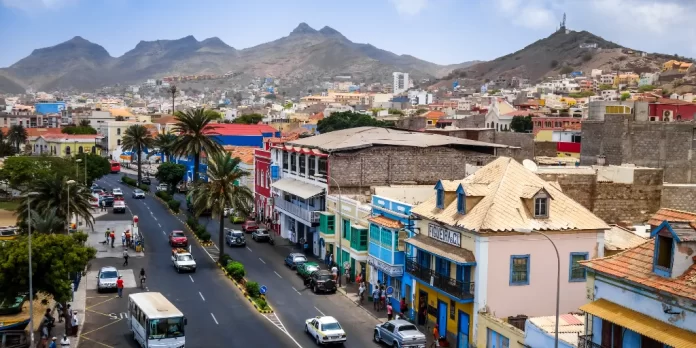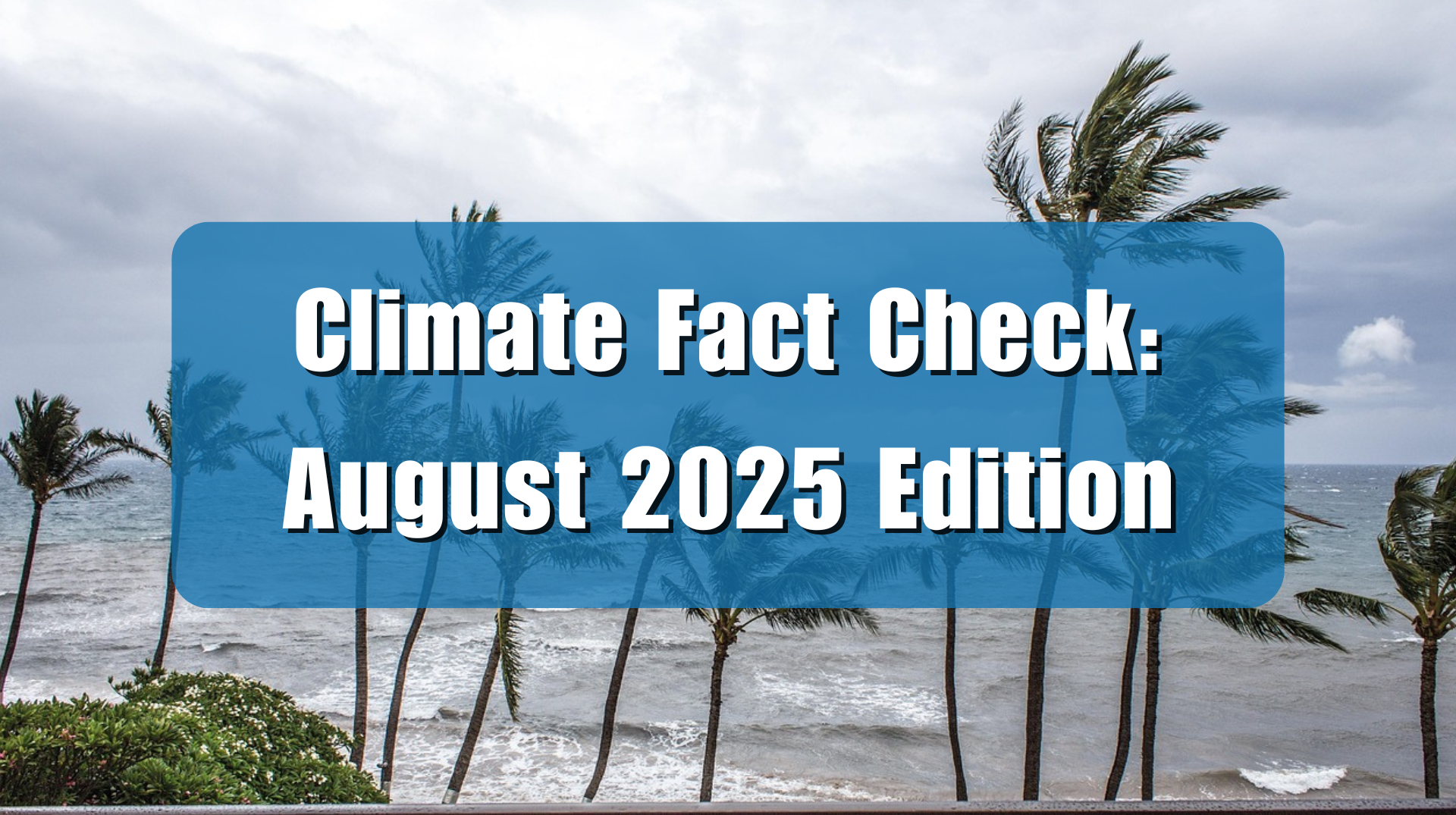Guest essay by Vijay Jayaraj
African priorities differ from those of Europe and North America. Among the Dark Continent’s most daunting challenges are poverty, malnutrition, lack of healthcare and proper education, unemployment, inferior transportation infrastructure and underdeveloped technologies for energy, information and communications.
Therefore, Africans do not have the option to adopt unscientific and unachievable climate policies that address none of these issues in a serious way.
Nations on Africa’s vast continent are increasingly relying on their abundant natural resources to drive economic development. Oil and gas deposits have distinguished themselves as significant drivers of economies in several African countries.
Economic power of oil and gas
The pursuit of fossil fuel extraction is motivated by a clear economic imperative. Oil and gas production has proven to be a reliable avenue to attaining these nations’ aims of fostering industrialization, reducing poverty and raising living standards.
Globally, oil and gas exports are often major contributors to a country’s gross domestic product (GDP). Present day examples include the U.S., Russia, Norway, Saudi Arabia, United Arab Emirates and Qatar, all of which export vast amounts of hydrocarbons.
Success stories in Africa
Several African countries stand out as examples of the economic benefits generated from the exploitation of fossil fuels. These nations have leveraged their natural resources to propel their economies ahead, resulting in impressive growth and development.
Nigeria is Africa’s largest oil producer and exporter, with resulting revenues contributing significantly to projects such as construction of roads and power plants, to social services and to overall GDP. Despite problems with corruption and incompetence, Nigeria’s oil wealth has had a significant economic impact.
In Angola, oil and gas account for more than 90 percent of all exports. Crude oil exports generated nearly $40 billion in revenue in 2022, an increase of 44% from 2021. With continued progress in production and licencing, Angola aims to achieve a daily output of 1.3 million barrels in the next three years. The country’s adoption of legal provisions for oil and gas production is seen as an example for other developing oil economies in Africa.
Europe offers new market for African oil and gas
African countries now have a promising market in Europe, where governments are looking for more of the continent’s imports to compensate for loss of Russian supplies.
On September 27, amid reports of a German energy crisis and with power-starved industries facing permanent closure, the Italian government began negotiations with the German state of Bavaria to supply natural gas from Africa. Italy believes it can serve as an entry point for African energy to some European countries.
Speaking to Reuters, a former CEO of German business lobby BDI, said, “Germany is organising liquefied natural gas (LNG) terminals and other solutions in the north, but it is not possible to rule out delays or blocks to the infrastructure … This is the reason why southern federal states in Germany want a ‘plan B’ to be safe.”
Algeria, Libya, Egypt and eastern Mediterranean regions have been the largest contributors of oil and gas flow into Europe. Now, more countries in Africa are joining the race to feed the emerging European market.
Under construction for the past two decades, the $13 billion Trans-Saharan gas pipeline stretches 2,565 miles from Warri in southern Nigeria via Niger to Algeria’s Hassi R’Mel gas center. The pipeline would make it possible for Niger to profit from recoverable gas reserves estimated to be about 34 billion cubic meters.
The economic benefits of fossil fuel production are obvious and badly needed. Western leaders must acknowledge them and abandon efforts to force vacuous climate policies on African populations whose rewards of modernity are overdue.
This commentary was first published at Daily Caller on November 4, 2023.
Vijay Jayaraj is a Research Associate at the CO2 Coalition, Arlington, Virginia. He holds a master’s degree in environmental sciences from the University of East Anglia, UK.
























Elites are just out to bill more money out of these underdeveloped countries with their snake oil policies. Hopefully they don’t fall for it and pursue the oil and gas options that provide long term growth and development.